International Heritage Centre blog
Booth family papers
Booth family papers
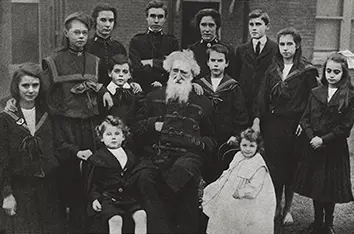
Among the collections we have been sorting, arranging and describing in preparation for making our catalogue available online are the papers of three generations of the Booth family.
William and Catherine Booth, the Founders of The Salvation Army, had eight children who were all involved in running The Salvation Army and spreading its ideals for all or parts of their lives. Two succeeded their father as Generals; three attained high ranks before breaking with The Army to pursue other religious interests. The children of William’s eldest son, Bramwell, and second daughter, Emma, also went on to have long careers as Salvation Army Officers.
Over time, papers relating to the many Booths found their way to our archives, transferred en masse by descendents or sent in individually with, or often without, an informative cover note. Formerly at the Heritage Centre a system of arrangement by subject was used. This suited the needs of the time but it meant that the context of records was often lost. Since changing the style and focus of the Heritage Centre’s work with the aim of becoming more outward looking and accessible, arrangement has stood as a major challenge for staff. We have been trying, as far as possible, to piece together and restore the original order of collections.The Booth papers span over 100 years of Salvation Army history. They are a window into family perspectives on some of The Army’s most significant and defining moments, but their scope is not restricted to organisational goings on.
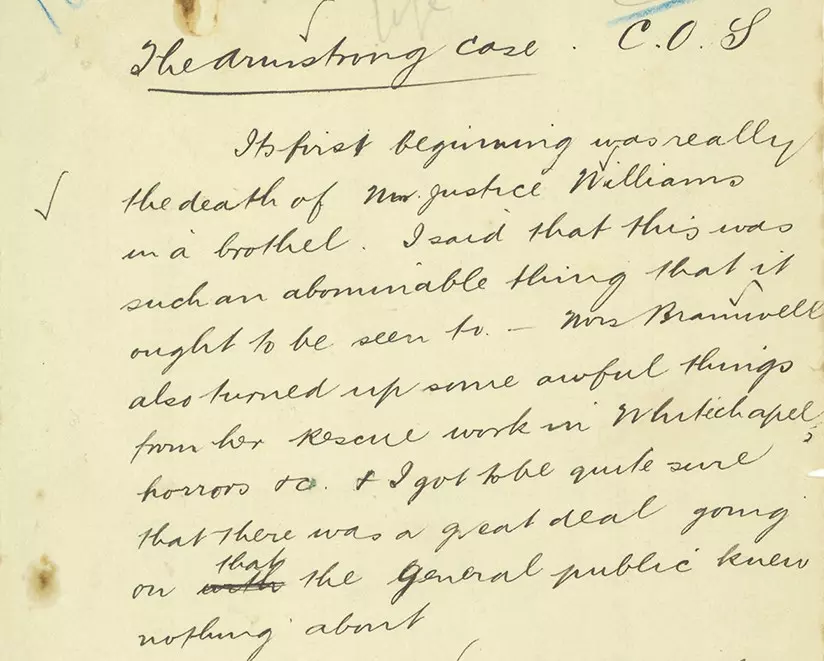
Several of the collections contain papers about campaigns for women’s and children’s rights, including material on the events leading up to the passing of the 1885 Criminal Law Amendment Act which raised the age of consent from 13 to 16. Bramwell Booth’s papers contain his own written recollections of the Eliza Armstrong case, which saw him tried and journalist WT Stead and others imprisoned for orchestrating the purchase of a thirteen-year-old girl in an effort to draw attention to child prostitution. The papers of Catherine Booth include Queen Victoria’s replies to a series of letters and telegrams Catherine sent her regarding the issue. Not satisfied that the 1885 Act had improved matters enough, Bramwell’s wife Florence was still campaigning about related issues decades later and her papers include an address entitled ‘White Slave Traffic’ given in December 1912.
One of our largest personal papers collections, the papers of the Booth-Clibborn family, did not require rearranging; its archival integrity had luckily been retained. It nonetheless posed challenges for us to understand and describe, as all personal papers do. William Booth’s eldest daughter, Catherine, known as La Maréchale, and her husband Arthur Booth-Clibborn, pioneered Salvation Army work in France and Switzerland. They met considerable resistance in both countries, and Catherine was arrested and deported from Switzerland. Their work was also parodied in a French novel of the time, L’Evangeliste by Alphonse Daudet, which hinted that not all the young women involved in the pioneering party were there quite willingly. The Booth-Clibborn collection contains substantial material about this period, including first-hand testimonies of Salvationists who experienced persecution. Much of the material is in French but the collection includes some papers in English. A few more, responding to Daudet’s accusations, can also be found in the Florence Booth collection.
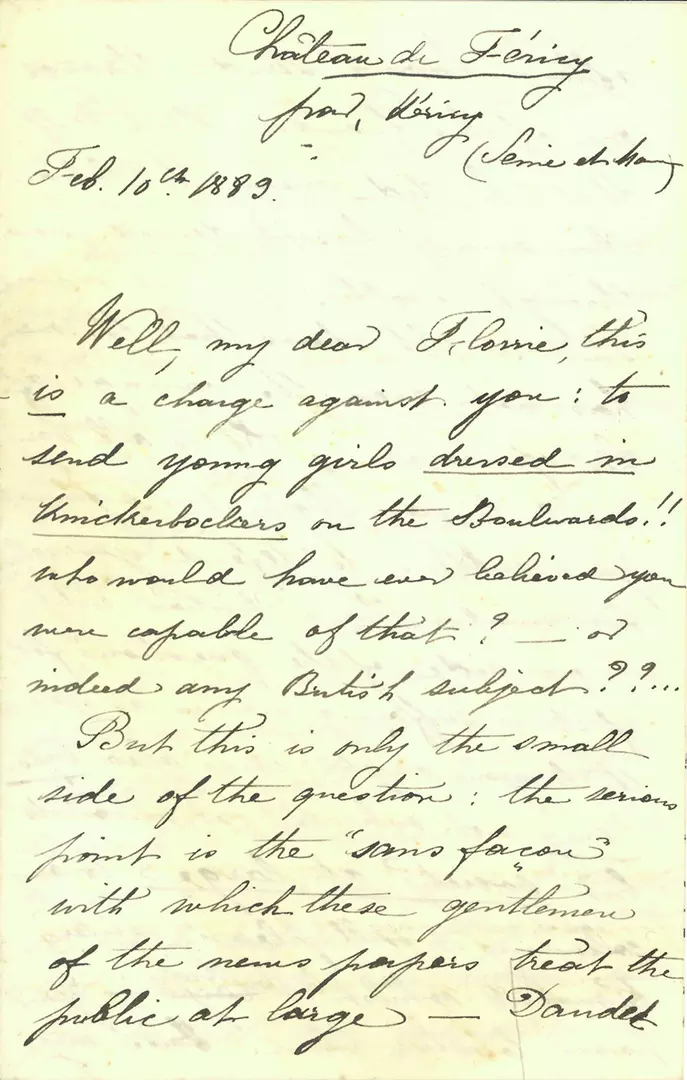
Ruth
November 2013
Read other blogs from the Heritage Centre
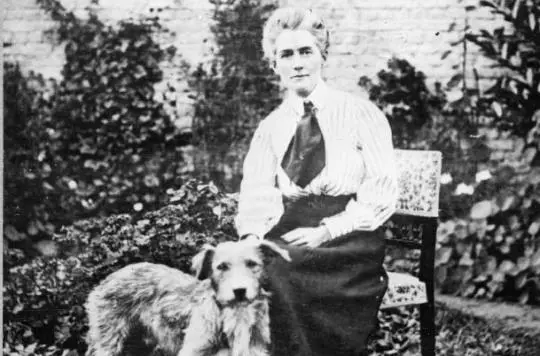
'Patriotism is not enough'
The International Heritage Centre holds a large collection of records produced by the Women's Social Work branch of The Salvation Army. In April 1914 a referral is noted from a Miss Edith Cavell of Brussels ...
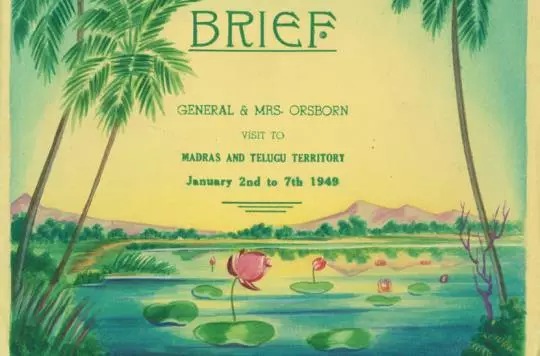
'Our Foreign Field': India
One of the strengths of the International Heritage Centre's holdings is its collections of records and published material relating to Salvation Army work in India ...
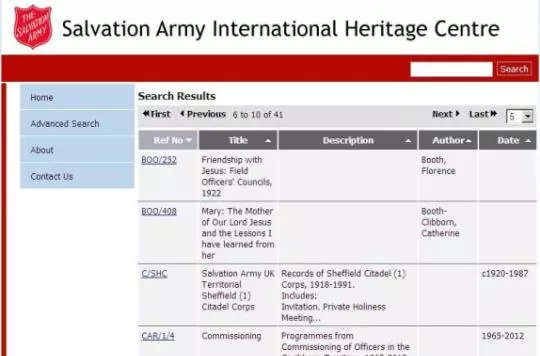
The Catalogue
Over the past 6 years, we have been cataloguing the archives and books held by the Heritage Centre ...
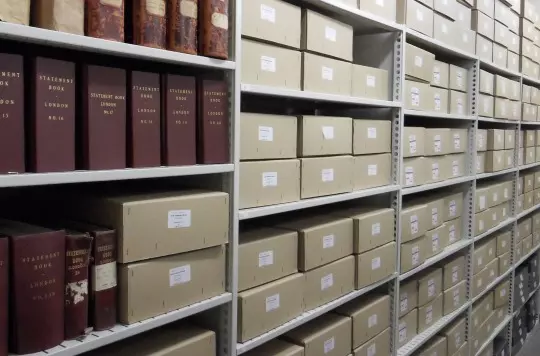
We are archivists
We look after archives. Our job is to decide what to keep and what to throw away ...